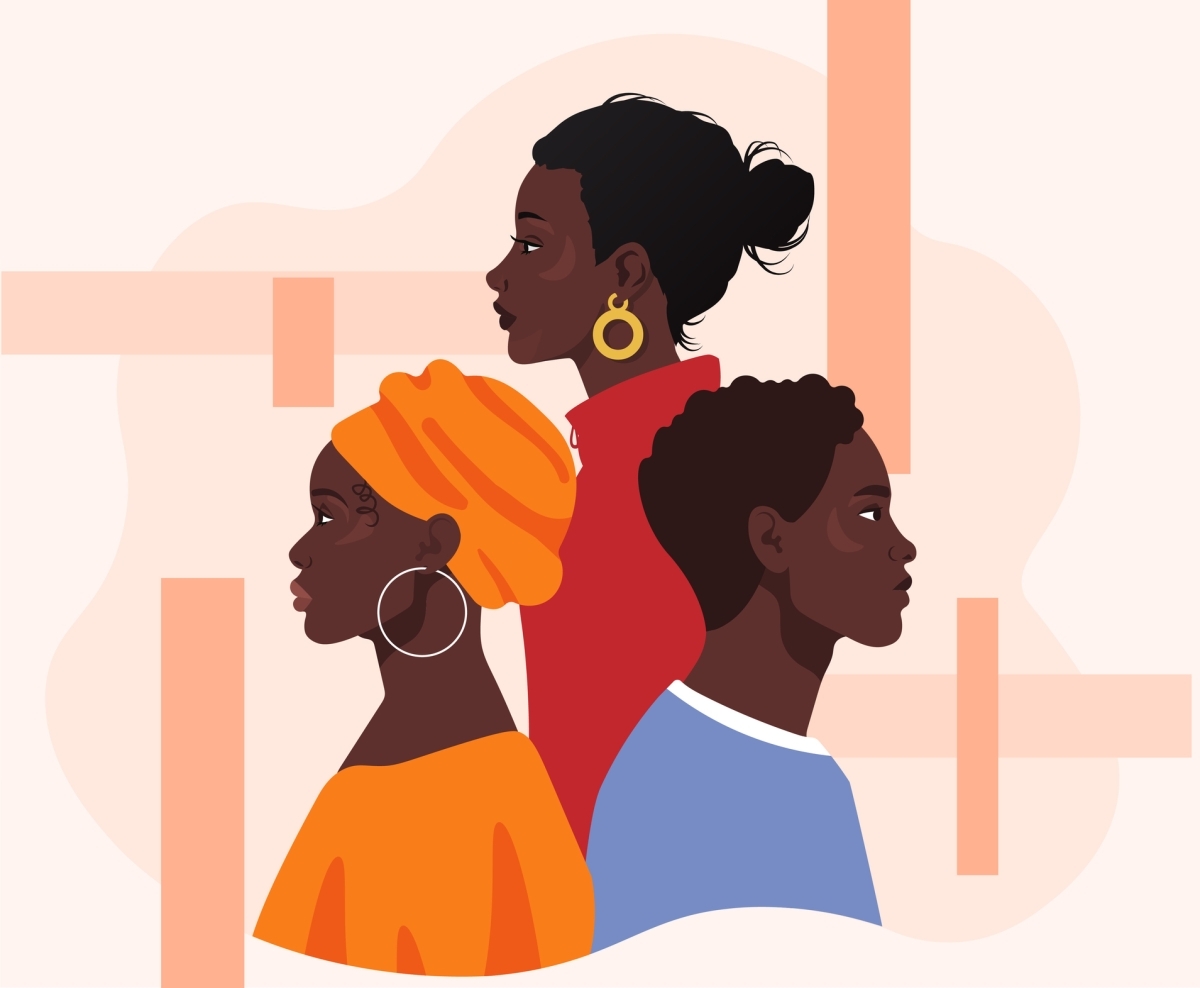
On February 1, Black History Month (BHM) kicks off at McGill. The opening event will provide a glimpse of what to expect in the subsequent days and weeks, notably how Black art, performance, and storytelling create community across the university.
“Though the Equity Team is overseeing the month of programming, academic departments, student groups, and various university units have organized a range of events that will allow us to come together to share and learn,” said Shanice Yarde, Senior Advisor, Anti-Racism and Equity Education.
“February can be a challenging month for all of us, so we’re looking forward to having people pause from the busyness of the term and take some time with us to nurture their sense of community.”
An engaging opening event
The first event will include a panel discussion featuring dancer, professor, and co-chair of Concordia’s Taskforce on Anti-Black Racism, Angelique Willkie, as well as Alex Blue V, professor in Art History and Communication Studies at McGill. Opening for the panel will be the Montreal Steppers, a dance troupe that has provided hundreds of workshops to elementary high school students, combining history with stepping, a Black diasporic form of dance.
“We’re really excited to open Black History Month at McGill. But the audience should be warned: if they haven’t seen step before, when we’re done, they’re going to want more,” joked Kayin Queeley, founder of the Montreal Steppers and case manager with McGill’s Dean of Students Office.
Keynote address by a McGill alumna
On February 8, a keynote address will be delivered by McGill alumna Melanie J. Newton. In addition to her numerous publications and awards, the University of Toronto professor was a member of the Barbados Constitution Review Commission, which helped the country transition from a constitutional monarchy to a republic in 2021.
Newton will deliver an address entitled: “’This Mess of a Colonial Legacy’: Revolutionary Relationalities, Arrivant Statehood and Afro-Indigenous Futures”. It will include a look at areas of shared experience among Indigenous and African diaspora, notably with histories of forced displacement and its implications on more recent and current generations.
“I think people need to stop thinking there is some endpoint where colonialism is addressed, where we get so say ‘“oh, great, we’ve made it!’” said Newton, in her interview with The Reporter.
“At a basic, material level, for many people of Black and Indigenous ancestry, everyday life has actually become more precarious. That has been clearly demonstrated in times of crisis, like during the COVID pandemic or in periods of economic downturn.”
Collaborations and connections
Another opportunity to examine certain shared experiences between Indigenous and Black communities will be through an event on February 19. The Office of Indigenous Initiatives and the Equity Team in the Office of the Provost and Executive Vice-President (Academic) have invited University of Victoria Assistant Professor Niiyokamigaabaw Deondre Smiles to present a talk entitled “A Feminist Geography is an Indigenous Geography.” Smiles, who is who is of Ojibwe, Black, and Swedish descent, is the Principal Investigator of the Geographic Indigenous Futures Collaboratory, which conducts research with Indigenous communities globally and promotes political, cultural, and climate-based futures for communities in an era of climate crisis. More information on the talk will be available on the BHM webpage and the OII’s events page.
Since an important component of BHM is connection and solidarity, the Equity Team is again inviting all members of McGill’s Black community to attend the 2024 Community Gathering. The February 20 lunchtime event is being organized in collaboration with the Black Students’ Network of McGill, the McGill African Students Society, and the Students’ Society of McGill University and will also feature Black vendors such as Librairie Racines. It is an opportunity for all Black students, staff, and faculty members to connect over a lunch, celebrate, and create community.
“It’s wonderful to see the number of Black students and employees increase at McGill. But because we are spread out across departments, and there is movement in and out of the institution, one of the things Black History Month provides is an opportunity for us to fill up rooms, come together, and celebrate,” said Yarde.
For the full list of BHM events, please visit the 2024 webpage. Check it throughout the month of February as new events are added.

Thanks so much for your email and this article in the McGill Reporter featuring Black History Month activities. the lineup looks great and I would love to participate, but I am currently outside of Canada and will not be back for any of these events.
Question: Will there be a Zoom link, or a recording which can be viewed later? I would love to be part of everything, but if nothing else, I’d definitely love to hear the professor from U of T on February 8 speaking about “This Mess of Colonial Legacy…”